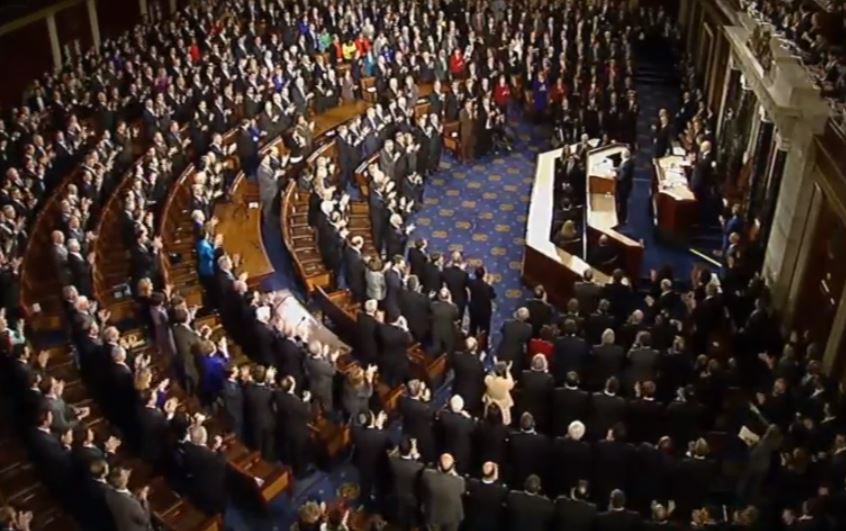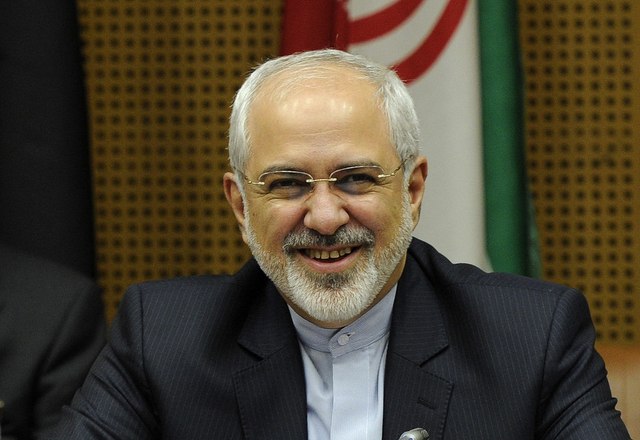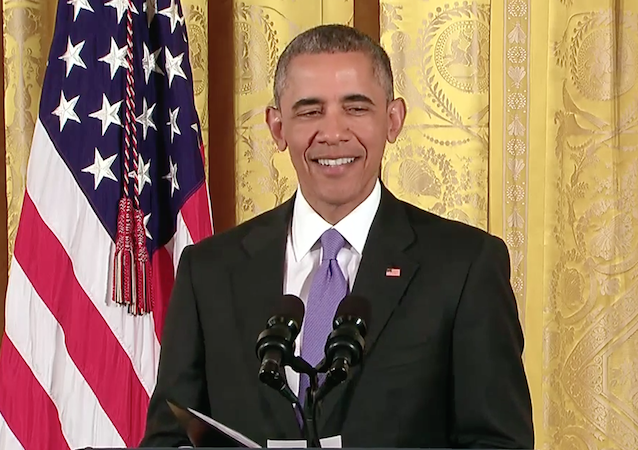Can States sink the Iran Nuke Deal? (Update)
on July 27, 2015
21 Comments
The Obama administration thinks it outsmarted opponents of the Iran deal by running to the U.N. Security Council for international approval before Congress's review period even started.
It was a typical Obama F-U to his domestic opponents.
Since Congress now needs a super-majority to block the deal, the outcome is uncertain. The Obama team is going all out to pressure Democrats to pledge their loyalty to Obama above all else. Loyalty to Obama is likely to win, though it's possible Congress will grow some backbone before it comes to a vote.
Obama even is complaining about Israel Lobby money (hint, hint), while John Kerry for the umpteenth time makes implied threats against Israel. Kerry even is on a trip to the Middle East conspicuously not visiting Israel.
Meanwhile, the Ahyatollah and his minions are laughing at Obama, Kerry and the U.S. Not just laughing, mocking and gloating, all the while renewing their vows of death to the U.S. and Israel.
Since the federal goverment appears hapless and hopeless, is there anything the states can do to stop this deal?
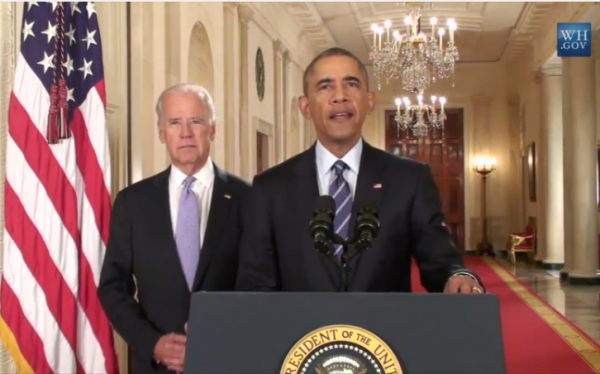 Joel Pollak at Breitbart.com was the first, that I'm aware of, to advance a theory of how states can play a crucial role. A reader forwarded the post to me last week while I was in
Joel Pollak at Breitbart.com was the first, that I'm aware of, to advance a theory of how states can play a crucial role. A reader forwarded the post to me last week while I was in crazyland San Diego, SURPRISE! THE STATES CAN REJECT THE IRAN DEAL:
 Joel Pollak at Breitbart.com was the first, that I'm aware of, to advance a theory of how states can play a crucial role. A reader forwarded the post to me last week while I was in
Joel Pollak at Breitbart.com was the first, that I'm aware of, to advance a theory of how states can play a crucial role. A reader forwarded the post to me last week while I was in 
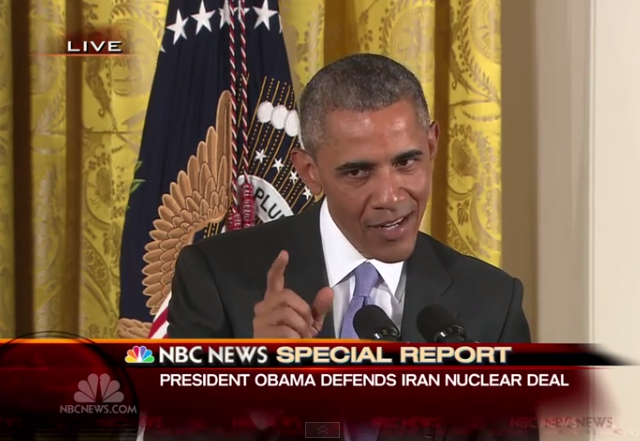
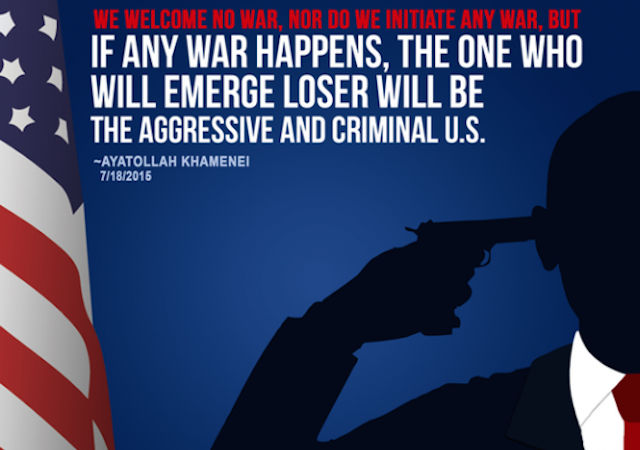
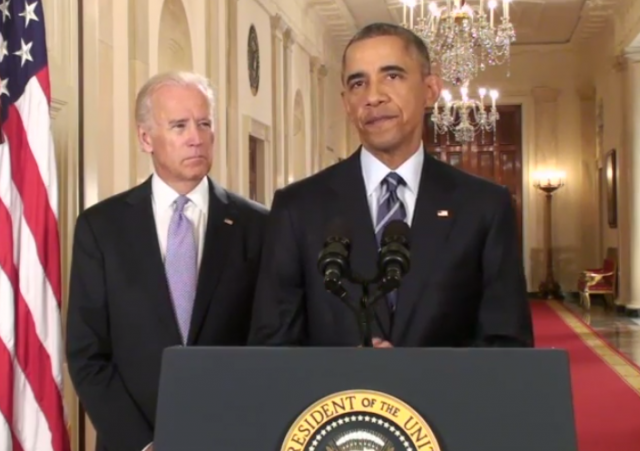
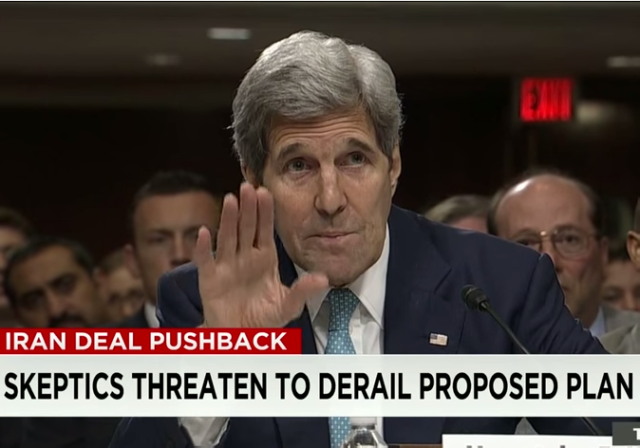

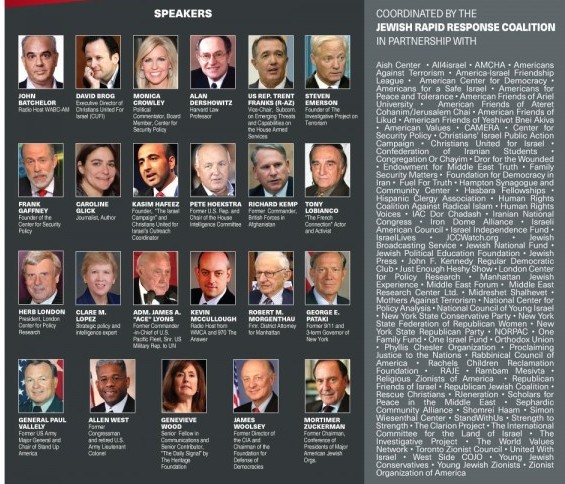
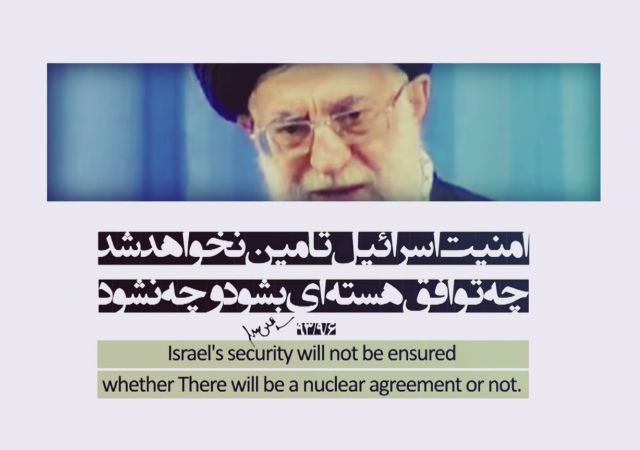
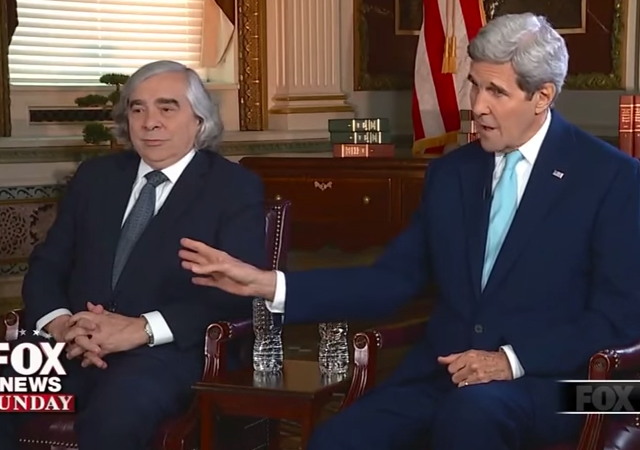
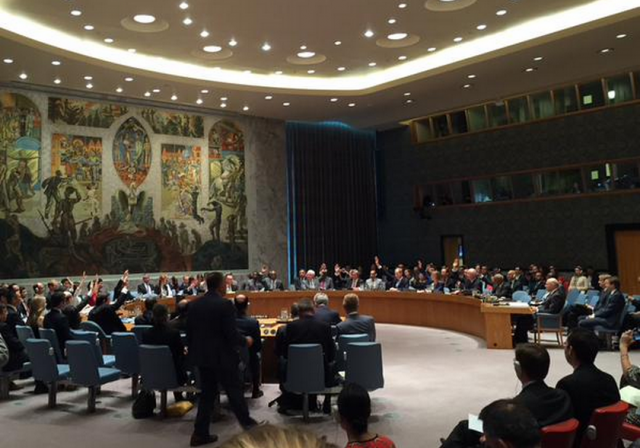
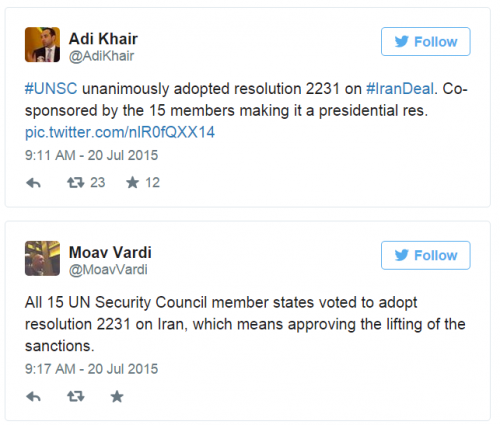
![[U.S. Ambassador to U.N. Samantha Power, Iran Nuclear Deal Vote]](https://c3.legalinsurrection.com/wp-content/uploads/2015/07/Samantha-Power-UN-Vote-Iran-Nuclear-Deal-e1437398714473.png)
